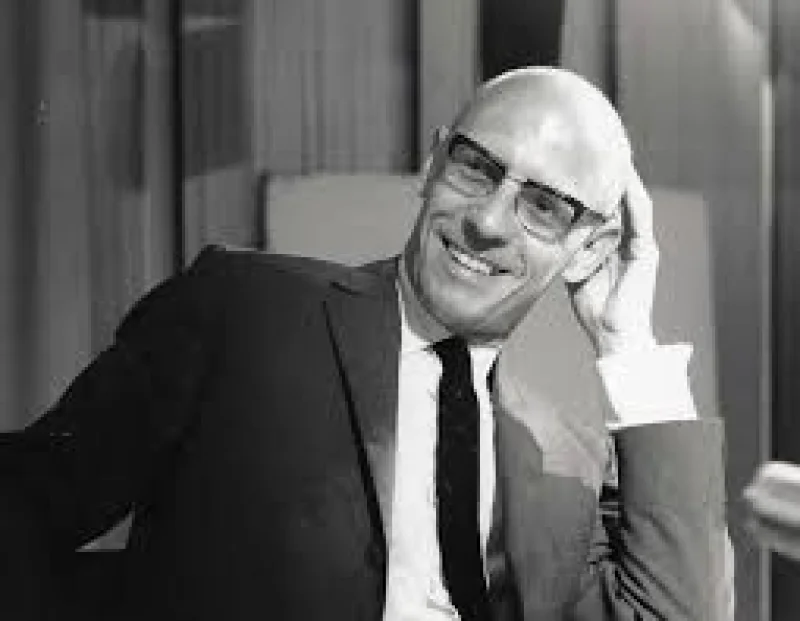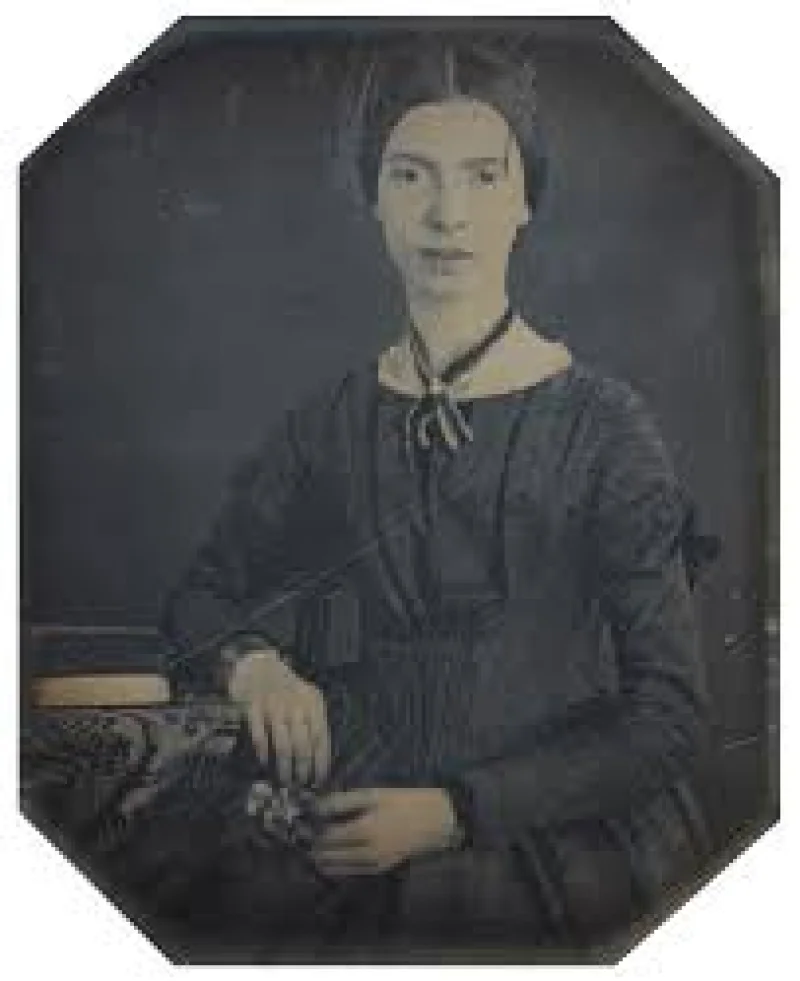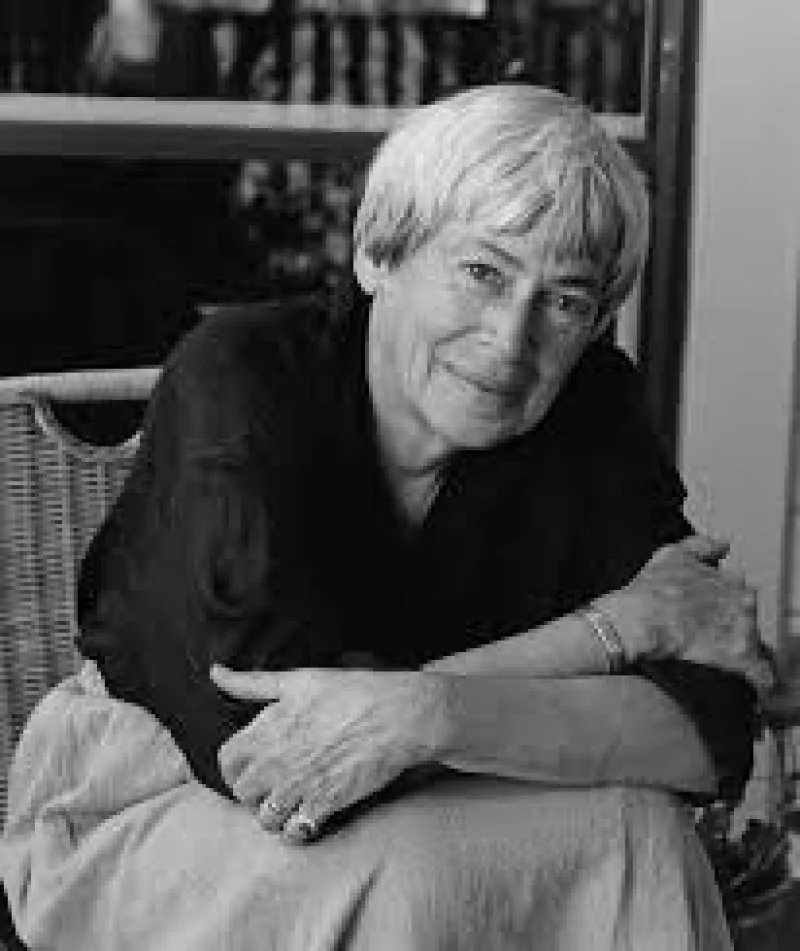Short Summary
Michel Foucault was a prominent French philosopher and social theorist known for his critical studies of various social institutions. His work focused on the relationship between power and knowledge, and how they are used to control societies. Foucault is renowned for his influential books such as "Discipline and Punish" and "The History of Sexuality," which have had a lasting impact on fields like sociology, cultural studies, and critical theory. His exploration of the historical contexts of ideas and institutions remains a significant part of modern scholarly discourse.
Early Life & Education
Michel Foucault was born on October 15, 1926, in Poitiers, France, to a well-to-do family. His father was a prominent surgeon, and his family expected him to pursue a career in medicine. However, Michel showed an early interest in history and philosophy. He attended the prestigious Lycée Henri-IV in Paris, where he excelled academically. Foucault later entered the École Normale Supérieure, one of France's most elite higher education institutions, where he studied philosophy. His education was heavily influenced by the existentialist philosopher Jean-Paul Sartre and the structuralist thinker Louis Althusser, who recognized his intellectual prowess early on.
Career Highlights
Foucault's career was marked by his work as an academic and a public intellectual. He held various teaching positions at universities in France, Sweden, Poland, Germany, and the United States. His tenure at the Collège de France, where he served as the Chair of the History of Systems of Thought from 1970 until his death in 1984, was particularly notable. Foucault's major works, including "Madness and Civilization," "The Birth of the Clinic," and "The Order of Things," were critical in establishing his reputation as a leading thinker. His analysis of the social implications of knowledge and power reshaped contemporary understandings of societal structures.
Major Achievements
- Authored "Discipline and Punish," which revolutionized the study of prisons and punishment.
- Developed the concept of "biopower," essential in understanding modern political power and control mechanisms.
- Pioneered the interdisciplinary field of "governmentality studies," analyzing how societies are governed.
- His work "The History of Sexuality" challenged conventional views on sexuality and power relations.
- Recipient of numerous honorary doctorates and academic accolades worldwide.
Famous Quotes
- "Knowledge is not for knowing: knowledge is for cutting."
- "Where there is power, there is resistance."
Interesting Facts
- Foucault was openly gay, and his sexuality influenced much of his work on power and identity.
- He was deeply involved in political activism, particularly in prison reform and anti-psychiatry movements.
- Foucault was a prolific writer, and his works continue to be widely studied and debated worldwide.
- He was a close friend of the French novelist and philosopher Jean Genet.
Legacy / Influence
Michel Foucault's legacy lies in his profound influence on a wide range of academic fields, from philosophy and sociology to political science and cultural studies. His exploration of the intricate relations between power and knowledge has inspired countless scholars and continues to be a cornerstone of critical theory. Foucault's ideas have also significantly impacted social and political activism, particularly in areas related to human rights, sexuality, and institutional critique.
FAQ
Q: Why is Michel Foucault famous?
A: He is famous for his groundbreaking work on the relationship between power and knowledge and his critical analysis of social institutions.
Q: What are some of his most influential books?
A: Some of his most influential books include "Discipline and Punish," "The History of Sexuality," and "The Archaeology of Knowledge."
Q: What was his educational background?
A: He studied at the École Normale Supérieure in Paris, where he focused on philosophy and history.
Q: What is "biopower"?
A: "Biopower" is a term coined by Foucault to describe the practice of modern states exerting control over the biological aspects of their citizens' lives.










